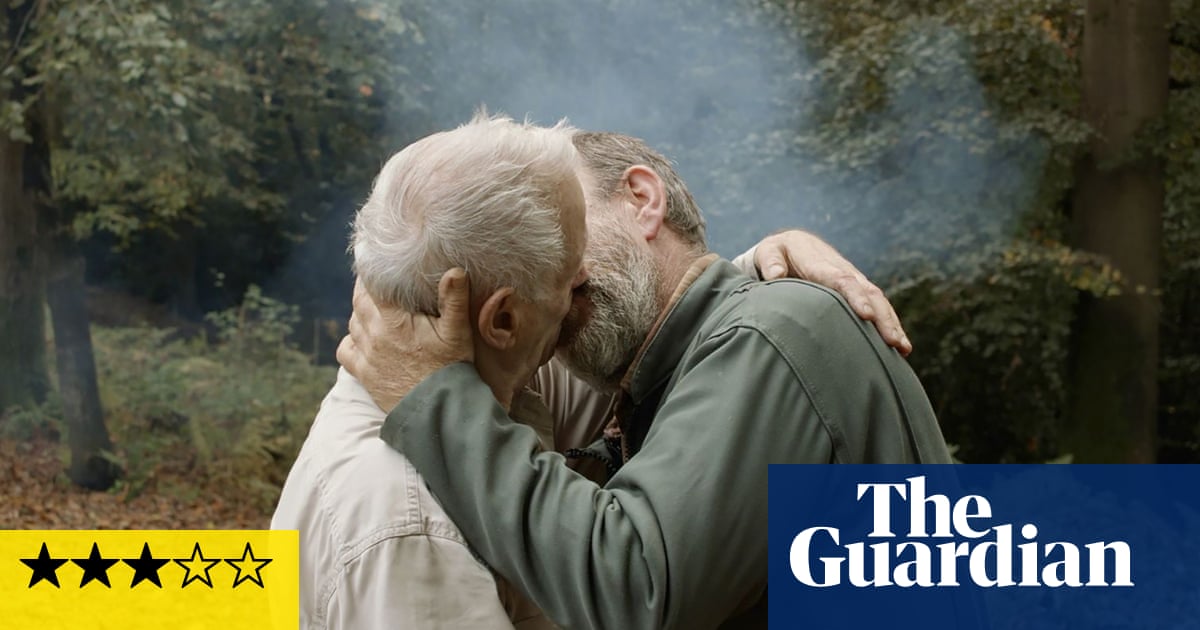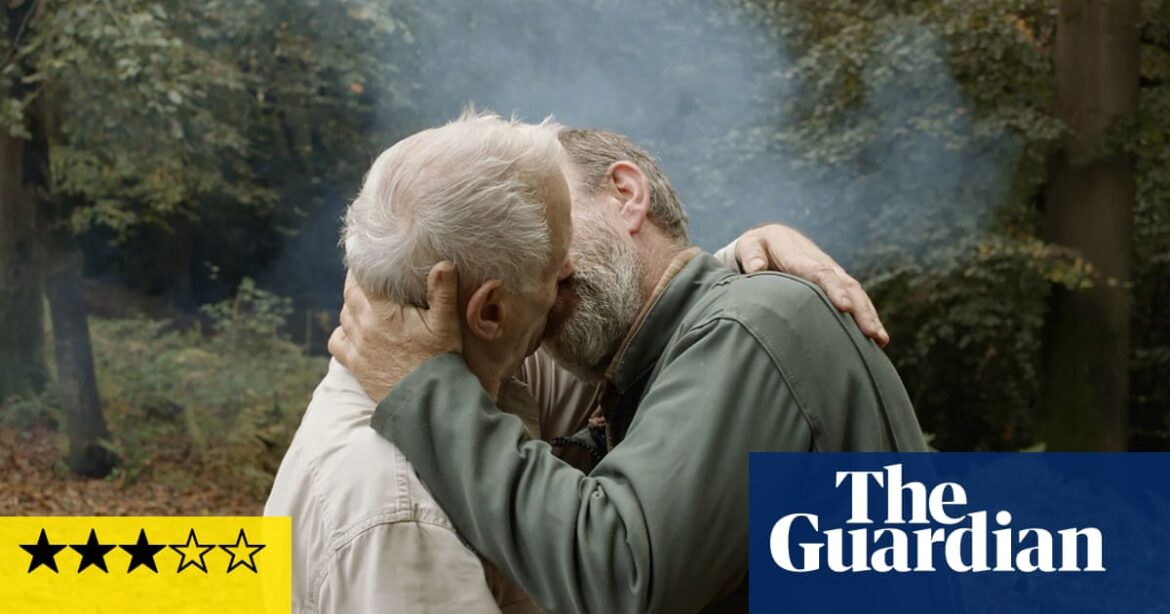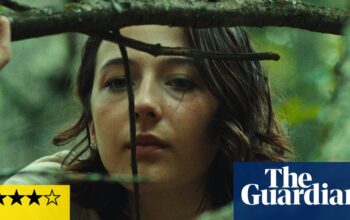
This latest film from artist, film-maker, and farmer Pierre Creton evokes a tradition in French erotica in which a youthful protagonist has a series of encounters, providing carnal knowledge and sexual enlightenment as well as intellectual revelation. A Prince follows gardener’s apprentice Pierre-Joseph (Antoine Pirotte), whose love for nature leads him into the arms of two older lovers: Alberto (Vincent Barré), his botany school teacher, and Adrien (Pierre Barray), his employer.
Its literary feel is enhanced by the prioritisation of voiceover above dialogue. The characters’ inner monologues speak, often retrospectively, of transgressive erotic experiences and desires. Accounts of incestuous yearnings are laid over scenes of gardening or age-gap lovemaking, all shot in the same strikingly matter-of-fact fashion. The contrast between the provocative voiceover and the naturalistic cinematography is notable in itself, conveying a resistance to the politics of queer assimilation, which courts acceptance from the heterosexual majority.
A Prince also carries the torch of Romanticism: in one scene, a character gasps with orgasmic euphoria at the discovery of quillworts on his property. Perhaps gardening can be as pleasurable as sex. But A Prince also commits the same sin of many of the original Romantics, namely orientalism. The film’s only non-white character, Kutta (Chiman Dangi), an adoptee and a descendant of Indian royalty, is initially alluded to only in the third person, with his arrival in France, for instance, simplistically compared to a flower being plucked from its soil. When he meets the older Pierre-Joseph, played by Creton himself, Kutta’s eventual appearance in the flesh comes with a surreal and exoticised manifestation of his sexuality. A Prince might reinterpret the pastoral through a queer lens, but the point of view remains a white, French one.
Source: theguardian.com



